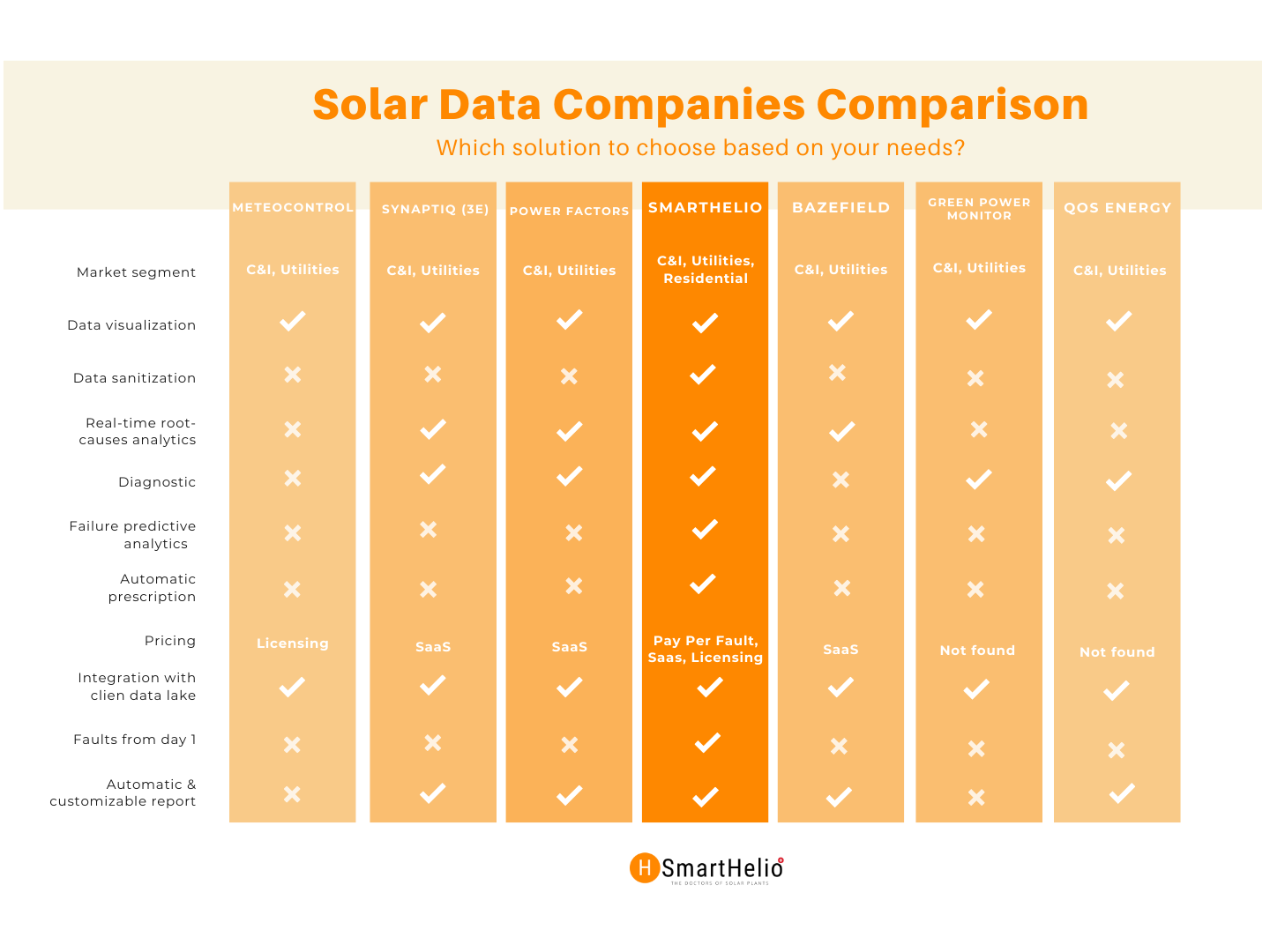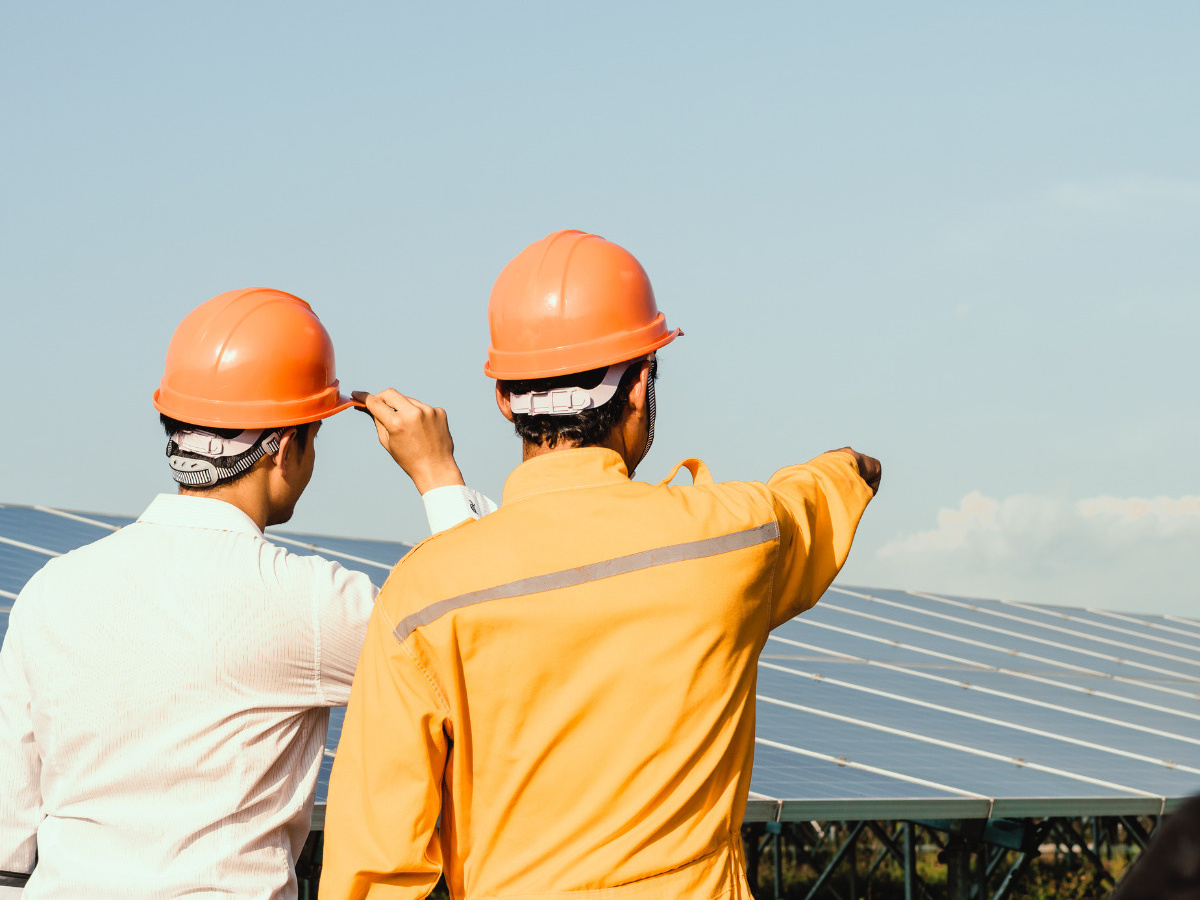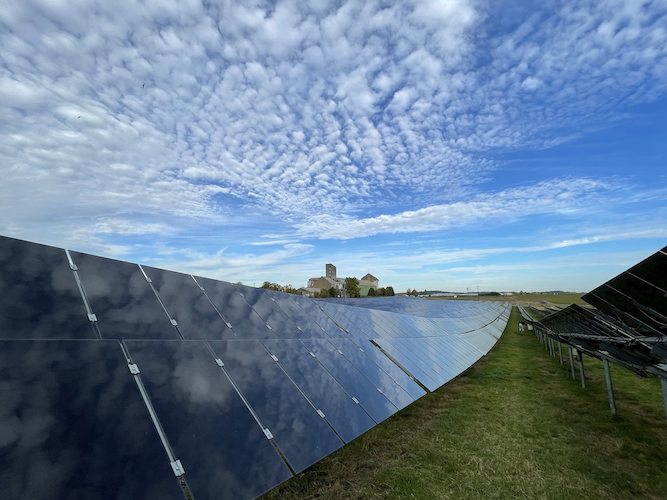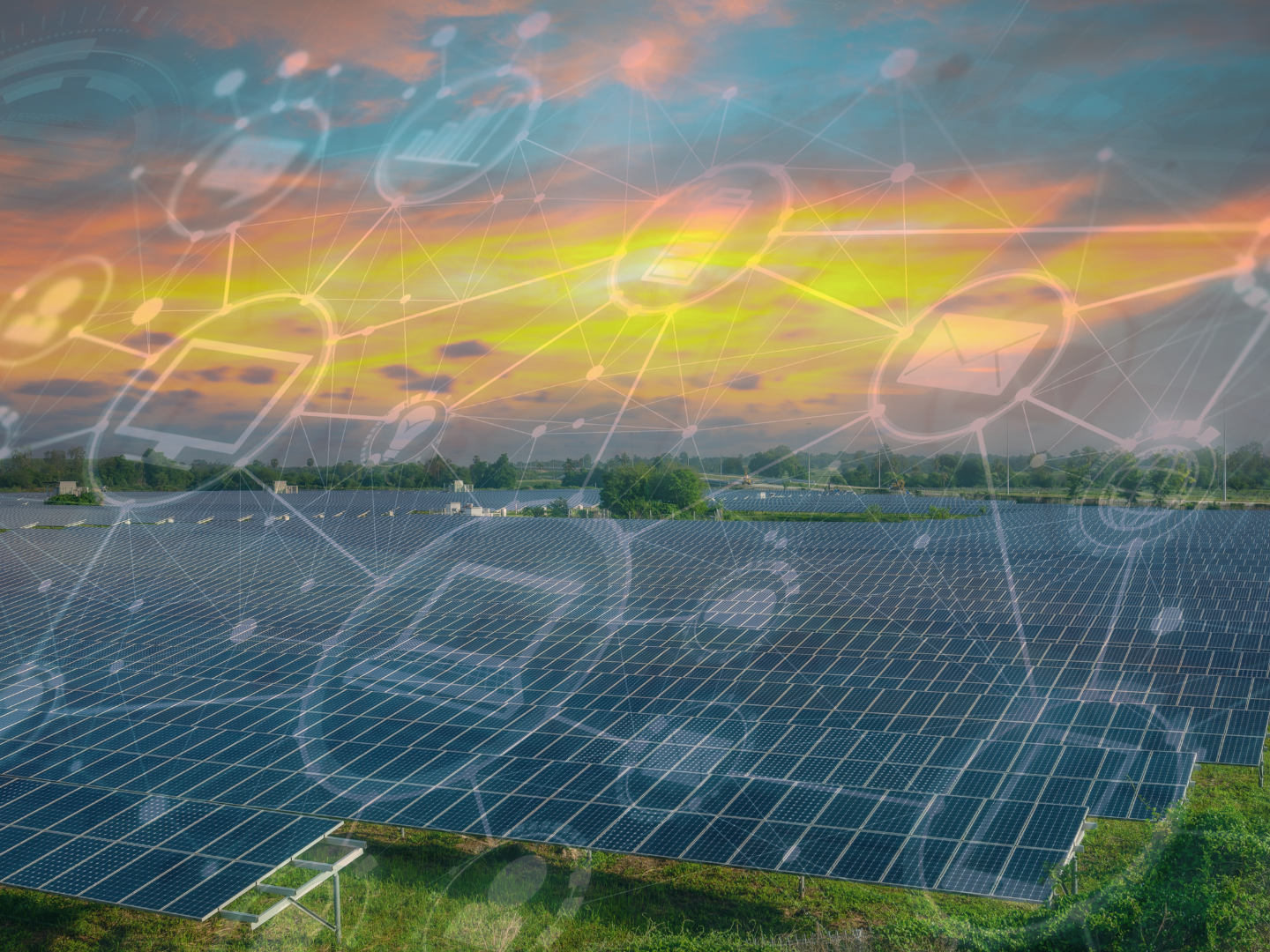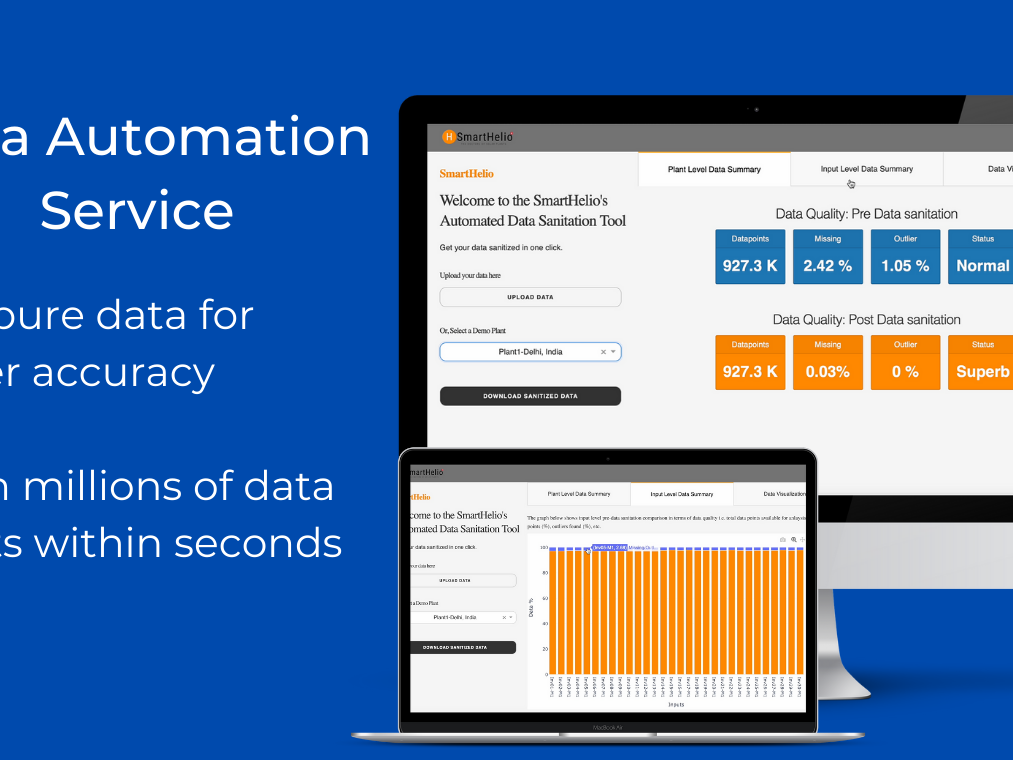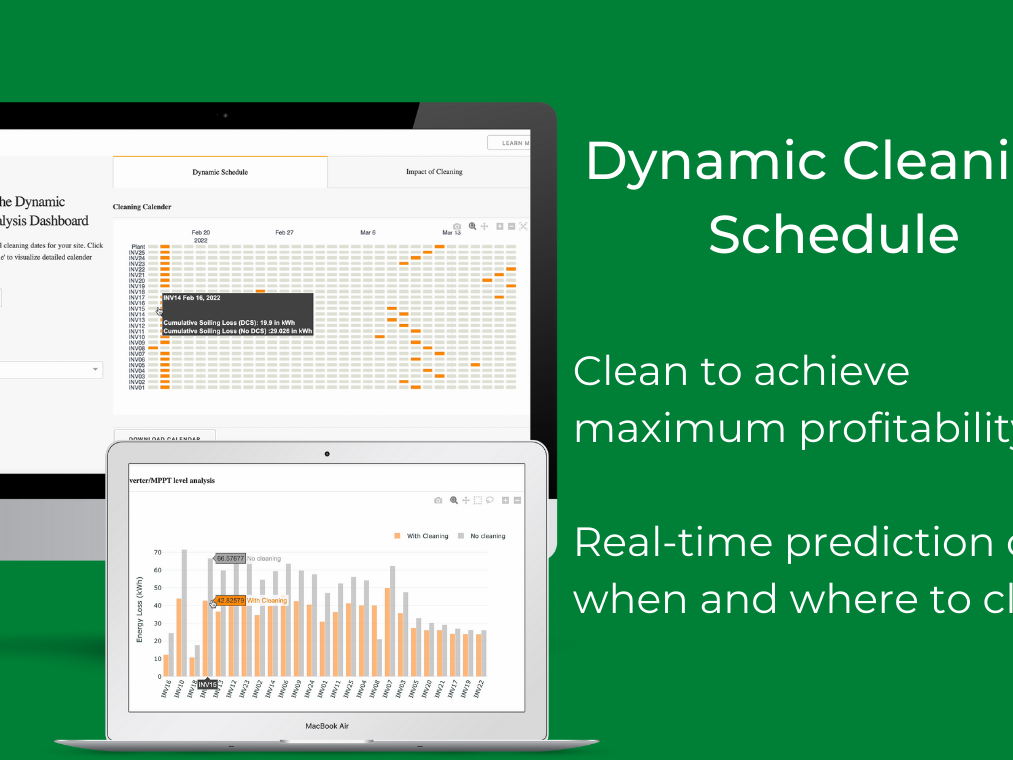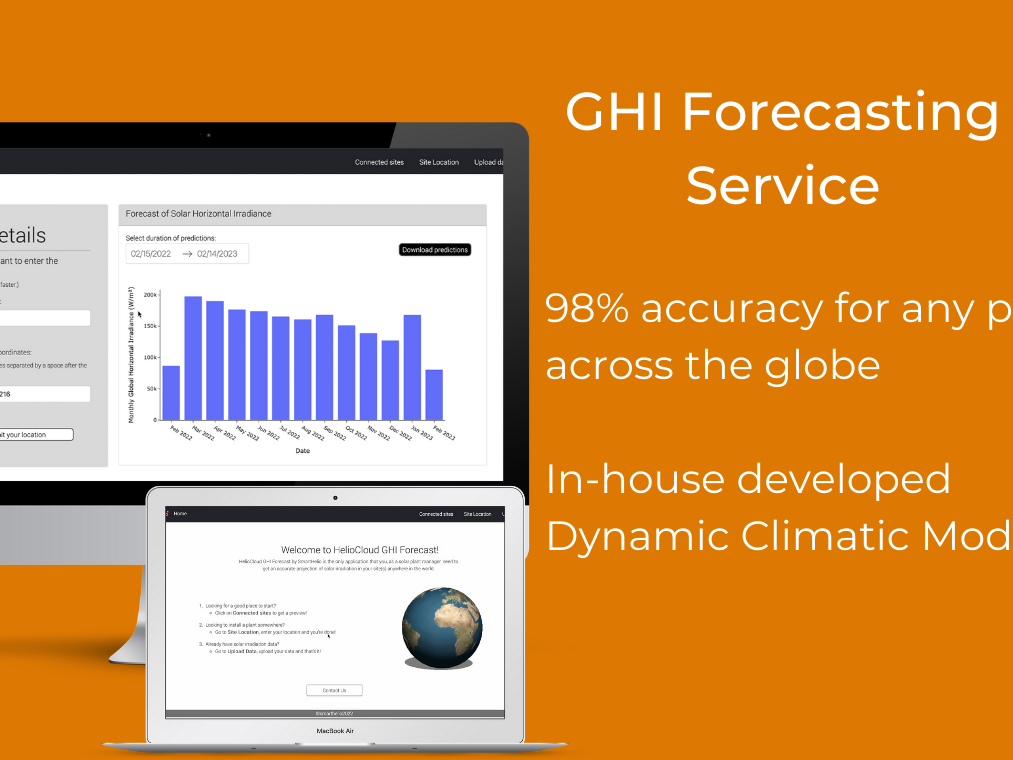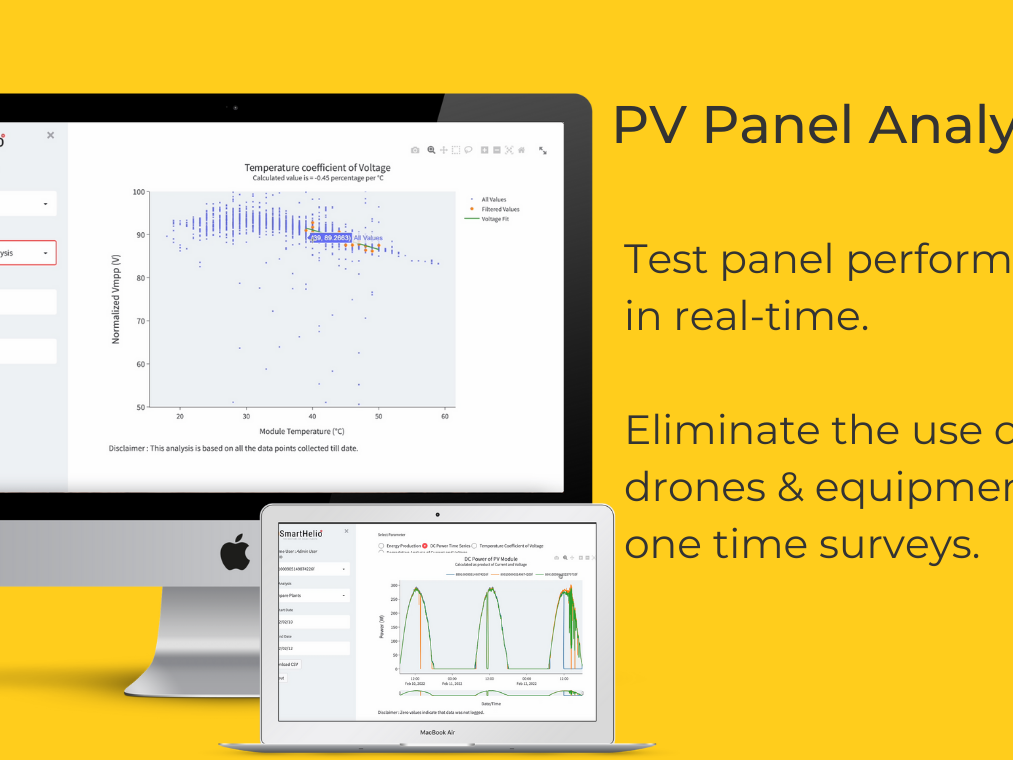During July 2023, the world witnessed unprecedented heatwaves and soaring global temperatures, leaving a profound impact on our planet, and raising concerns about the implications for solar assets. In this context, the renewable energy sector is confronted with significant challenges, particularly impacting solar power production and the longevity of inverters, panels, and Balance of System (BOS) components. With the frequency of extreme weather events on the rise, solar plants face potential performance declines and increased maintenance costs.
This blog article explores the effects of these conditions on solar panels and presents a case study featuring one of our clients. This 25 MW utility solar plant in South France highlights the effectiveness of advanced predictive platforms like SmartHelio Autopilot, and how these technologies empower operators to anticipate and address climate-induced issues, ensuring sustainable and efficient energy generation.
The Adverse Effects of Climate Change
Rising global temperatures, more intense heatwaves, and erratic weather patterns significantly impact solar power production. High temperatures exacerbate soiling on solar panels, reducing energy yield, and necessitating more frequent cleaning interventions. Additionally, increased ambient temperatures lead to decreased current carrying capacity of fuses, resulting in progressive string disconnections, as demonstrated in this case study.
Moreover, extreme weather events like storms, hail, and heavy rainfall can damage panels and BOS components, decreasing their longevity and causing unexpected downtime and maintenance costs. The increased wear and tear on inverters and other vital equipment further heightens the need for proactive maintenance strategies.
The Power of SmartHelio Autopilot
The case study is based on a 25 MW utility solar plant in South France and highlights the value of SmartHelio Autopilot in mitigating adverse effects of climate change on solar plants. Its advanced predictive analytics capabilities enabled the detection of progressive string disconnections and high soiling issues caused by the heatwave, prompting the client to take proactive action. Here‘s how:
Anticipating Climate-Induced Problems
By continuously analysing historical and real-time data, SmartHelio Autopilot accurately predicted the occurrence of string disconnections based on weather forecasts and its impact on the power generation, DC side current, and voltage gradients.
This early detection allowed the client to take preventive measures before any significant losses occurred.
Optimizing Maintenance Strategies
With the knowledge of upcoming rain forecasts, SmartHelio Autopilot assisted in planning cleaning interventions to mitigate the impact of soiling on the plant’s performance.
By optimizing the cleaning schedule, the client effectively maintained panel efficiency while minimizing resource consumption.
Enhancing Component Longevity
By identifying the issues affecting the inverters and promptly resolving the inverter issue, SmartHelio Autopilot contributed to extending the longevity of critical BOS components.
Proactive measures taken in response to the platform’s predictions reduced downtime and minimized unplanned maintenance expenses.
The graph below represents a correlation between the frequency of weekly string disconnections and the corresponding increase in average ambient temperature. Using SmartHelio’s proprietary algorithms based on Physics-Informed AI that considers factors like high temperature, irradiations, and OEM specifications, etc, it was able to predict the number of string disconnections in the upcoming weeks. This helped the client to take action and replace the inverters before they blew.
Conclusion
As the effects of climate change continue to challenge the solar power industry, the role of predictive analytics platforms like SmartHelio Autopilot becomes increasingly crucial. The case study of the 25 MW utility solar plant in South France demonstrated how such advanced tools empower operators to anticipate issues and take proactive actions. By accurately predicting the impact of high temperatures on soiling and fuse burn out, SmartHelio Autopilot enabled the client to safeguard their plant’s performance, maximise energy generation, and reduce maintenance costs.
Embracing advanced predictive platforms like Autopilot equips solar plant operators with the insights needed to navigate the ever-changing climate challenges. Through intelligent analytics and early detection, these platforms pave the way for a resilient and sustainable future in solar energy generation, making the vision of a clean and renewable energy world a tangible reality.


